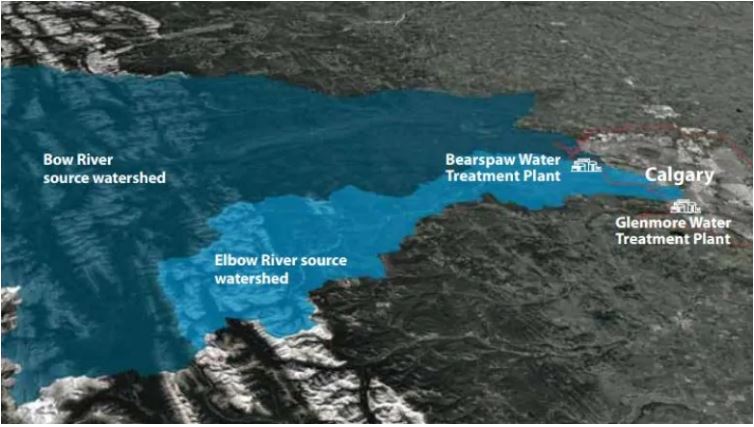An Iqaluit city official told CBC News that an underground fuel spill found near the water treatment plant could explain why the city had to declare an emergency due to fuel-contaminated drinking water. "The team located an underground spill that showed signs of historic fuel adjacent to the water treatment plant in an inaccessible, below-ground void," Amy Elgersma, Iqaluit's chief administrative officer, told Mary Tatty, host of CBC's noon hour program, Nipivut.
Drinking Water News Roundup: US Steel spill, lead pipes, First Nations boil water advisories, Ohio wetlands
From lead pipes to PFAS, drinking water contamination is a major issue plaguing cities and towns all around the Great Lakes. Cleaning up contaminants and providing safe water to everyone is an ongoing public health struggle. Keep up with drinking water-related developments in the Great Lakes area. A US Steel Plant recently spilled iron into Lake Michigan, forcing the Indiana Dunes National Park to shut down all of its beaches. Just three weeks prior, the corporation was placed under a federal consent decree, meaning it needed to enhance its environmental influence. Studies have proven that high iron levels in drinking water can cause iron poisoning and ultimately damage both the brain and the liver.
Upstream wildfires could contaminate Calgary's drinking water — so the city's planning ahead
Wildfire season is getting longer in Alberta every year with climate change, scorching land and polluting the air with thick smoke. But, the City of Calgary is studying another, perhaps less obvious, impact of wildfires — drinking water contamination. There haven't been any major fires in the Bow and Elbow river watersheds, upstream of the City of Calgary, for years. But, there are fears a major fire west of the city could wash burned material into the rivers, impacting the drinking water supply for the city's 1.4 million residents.




